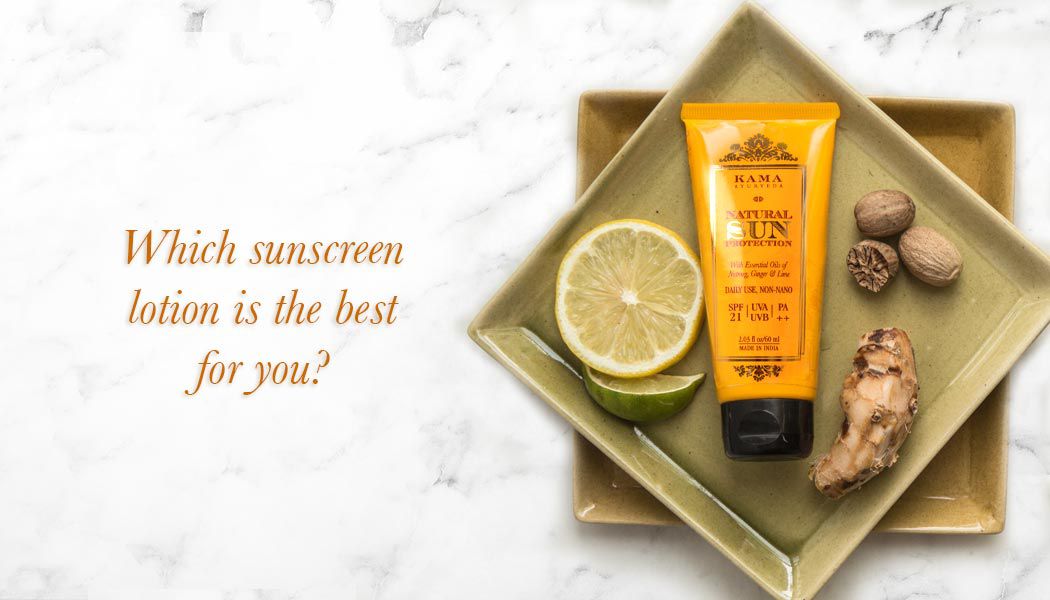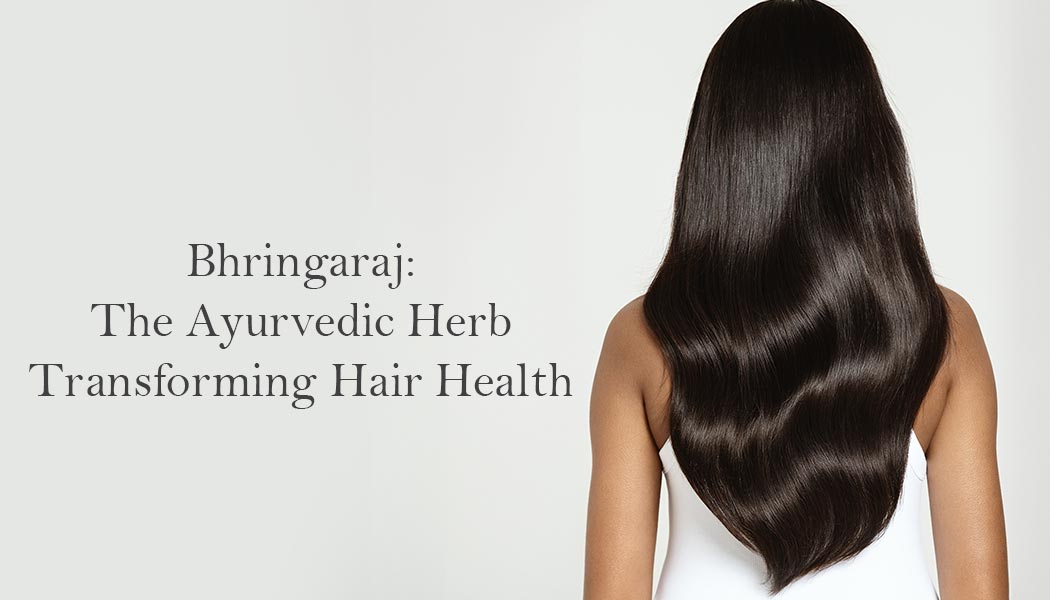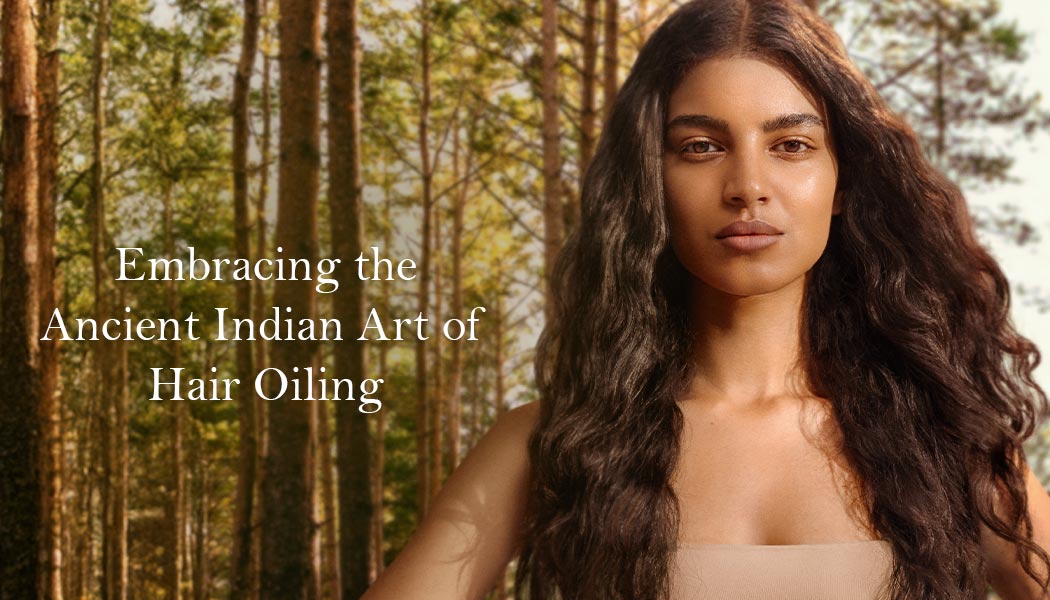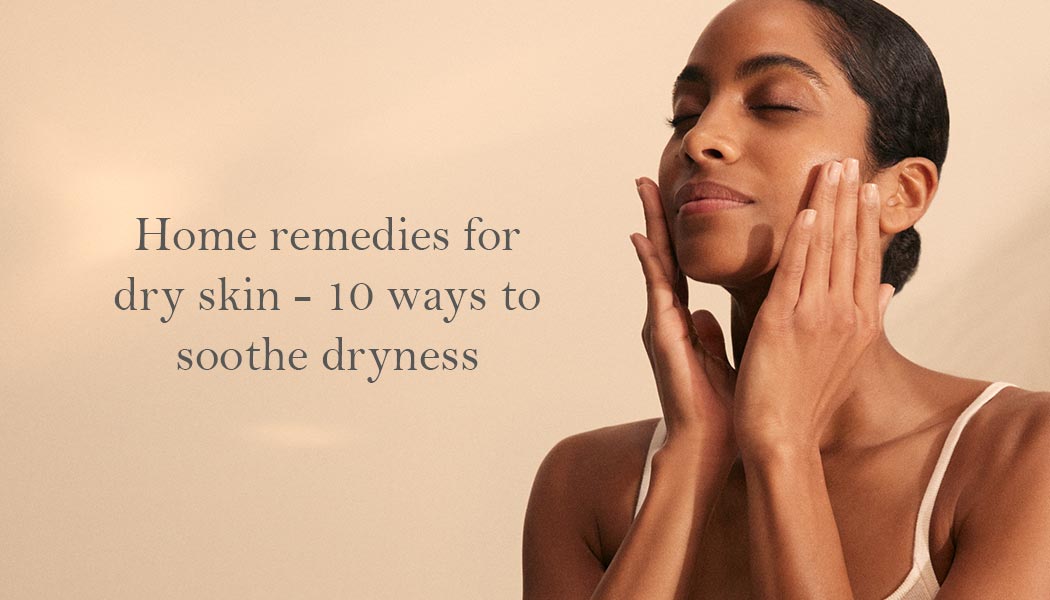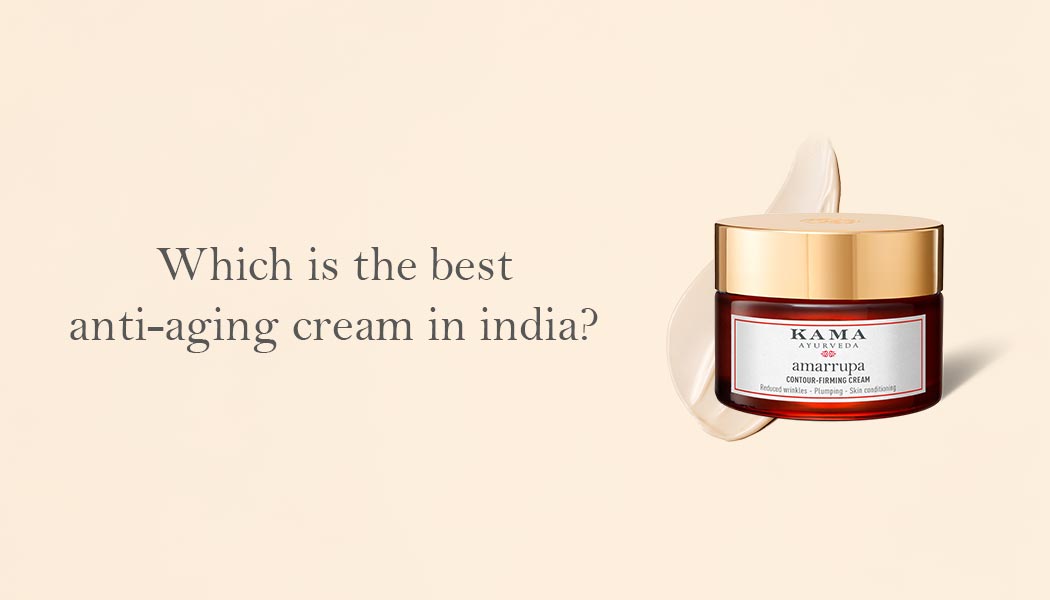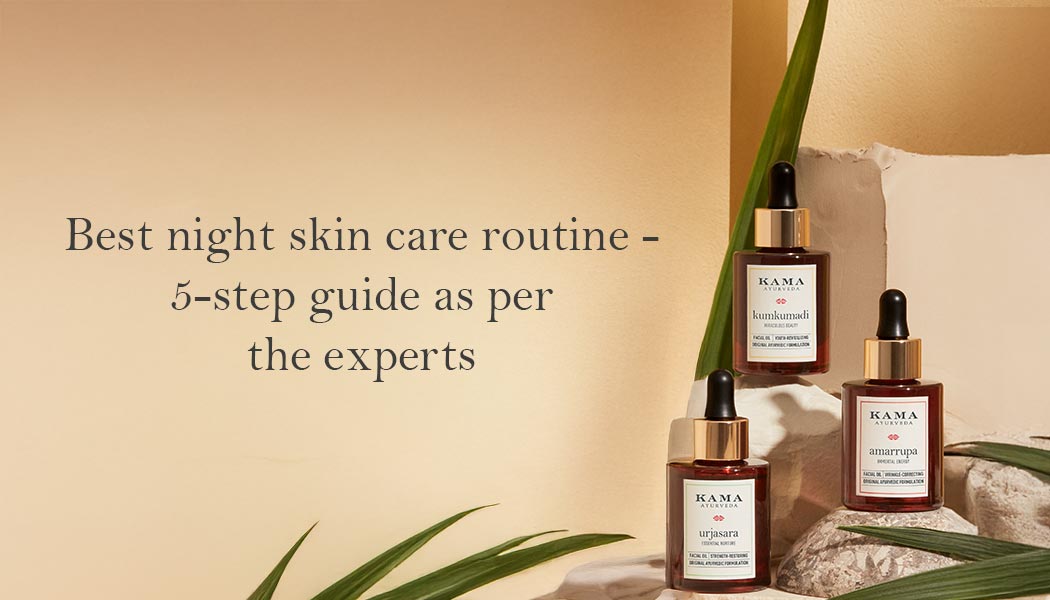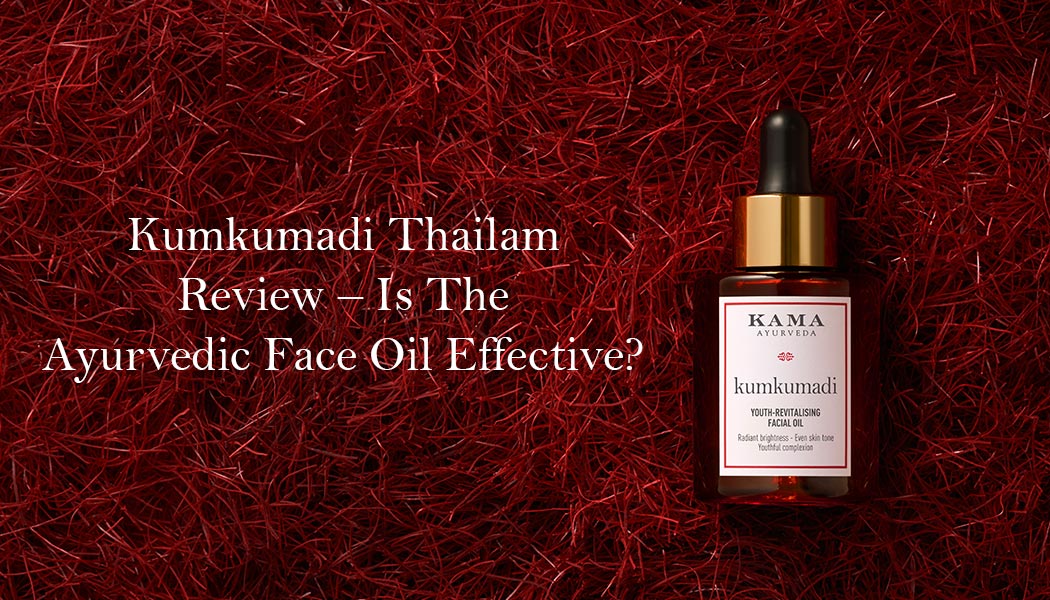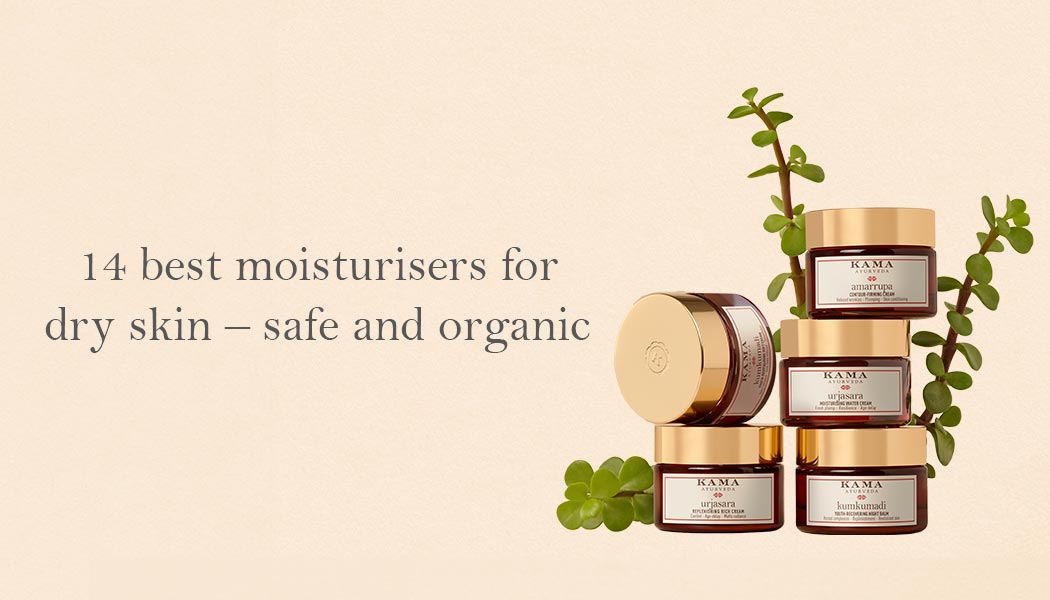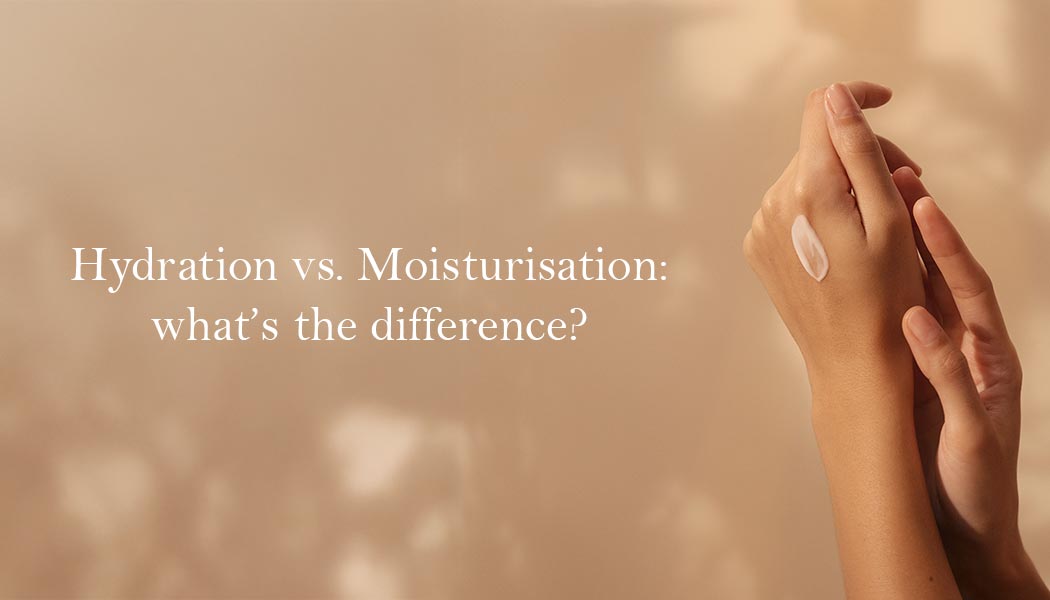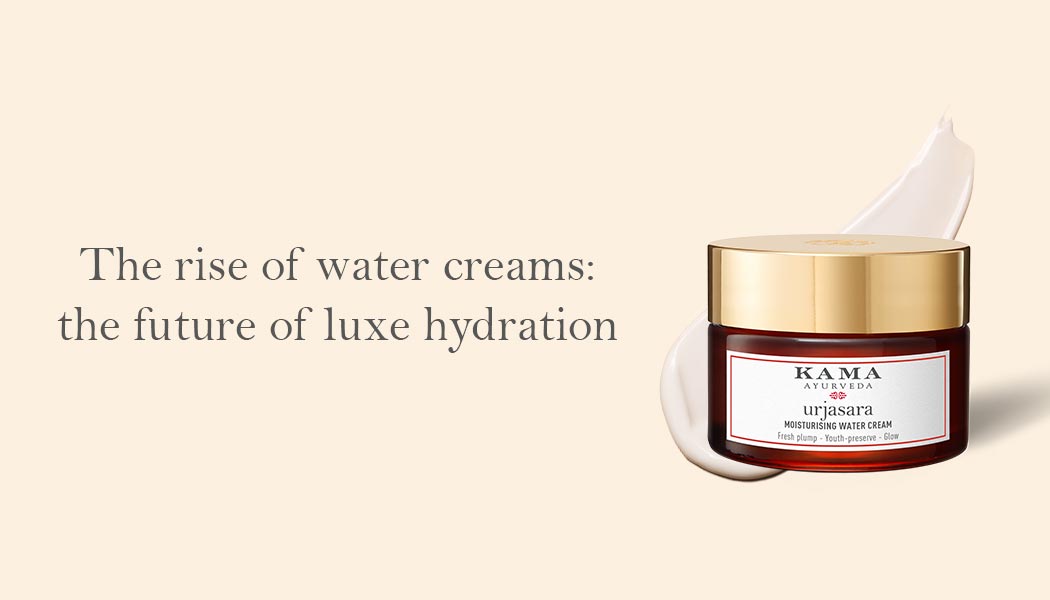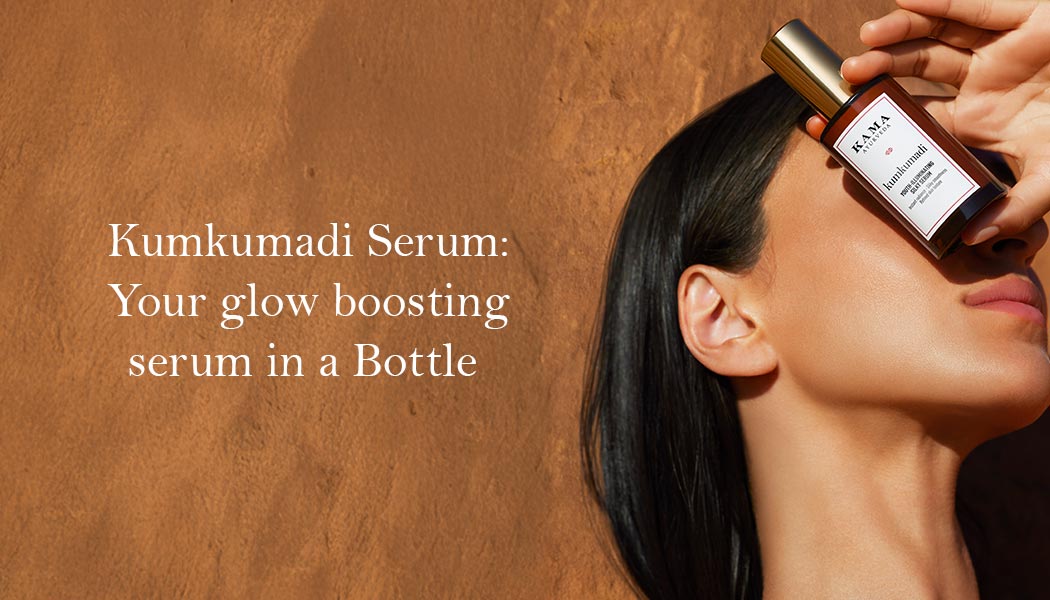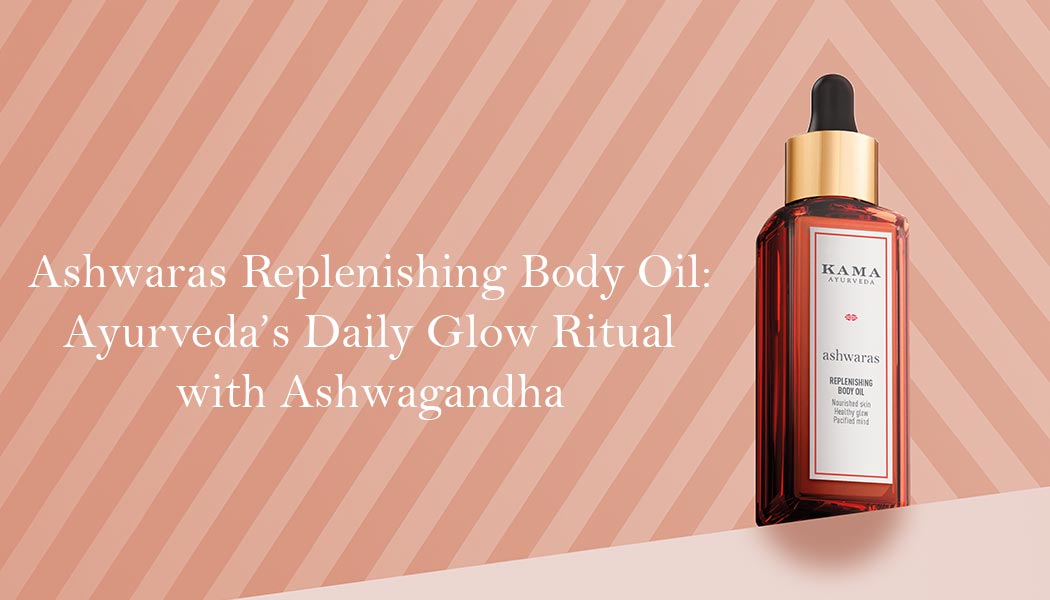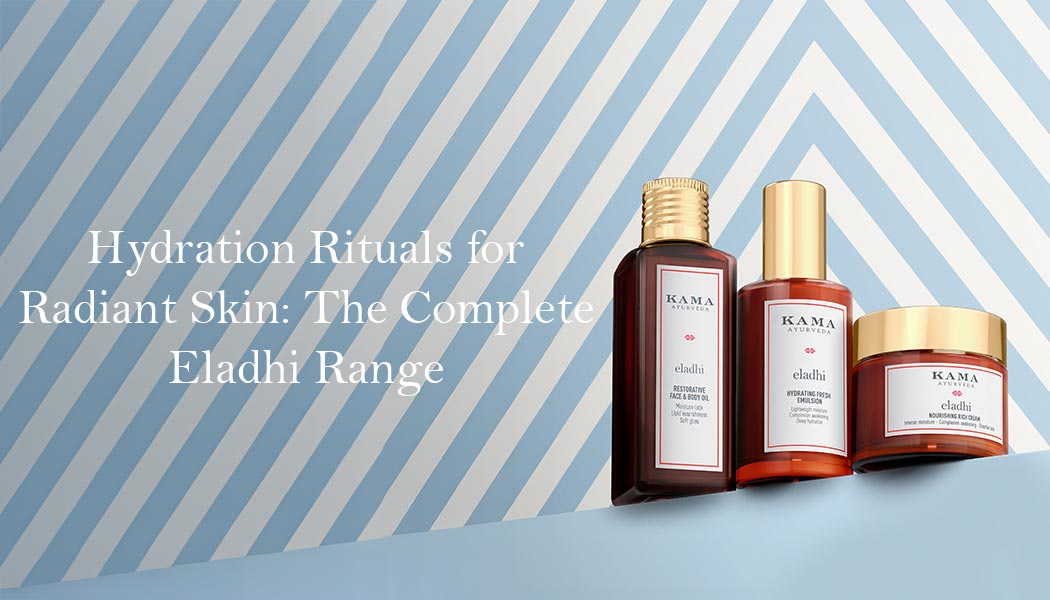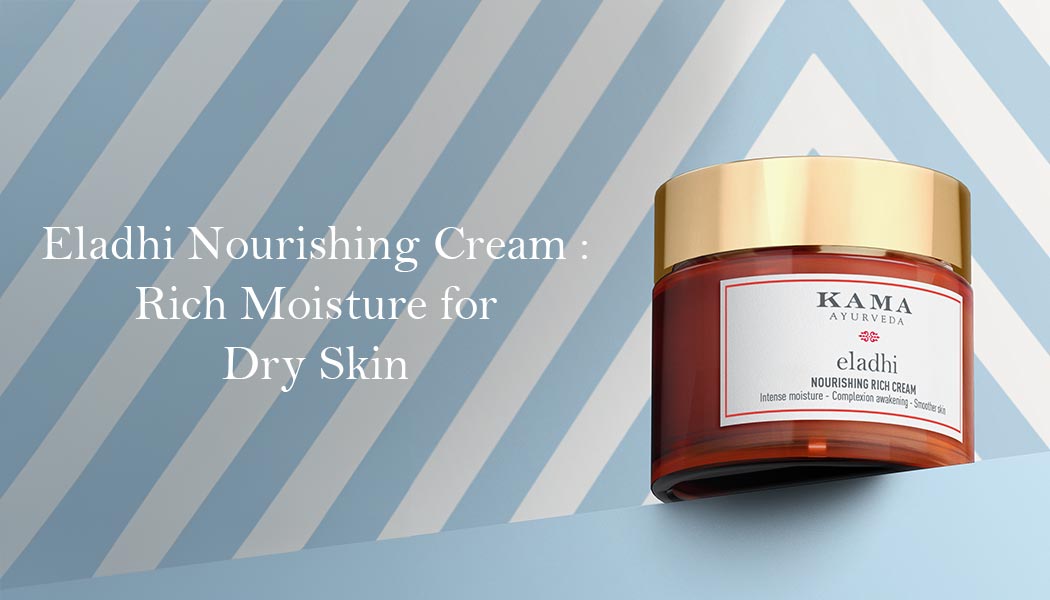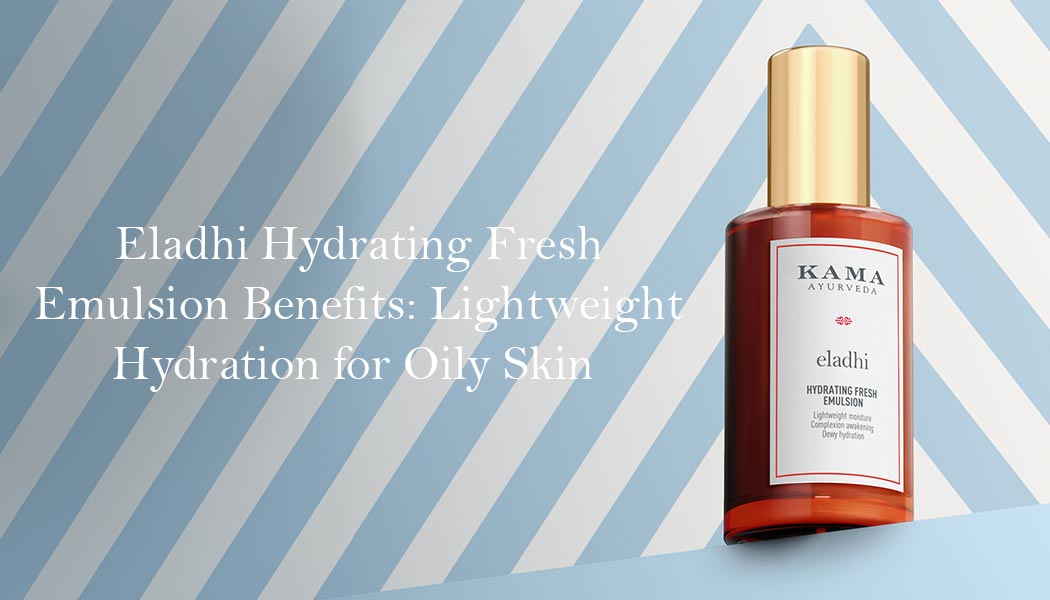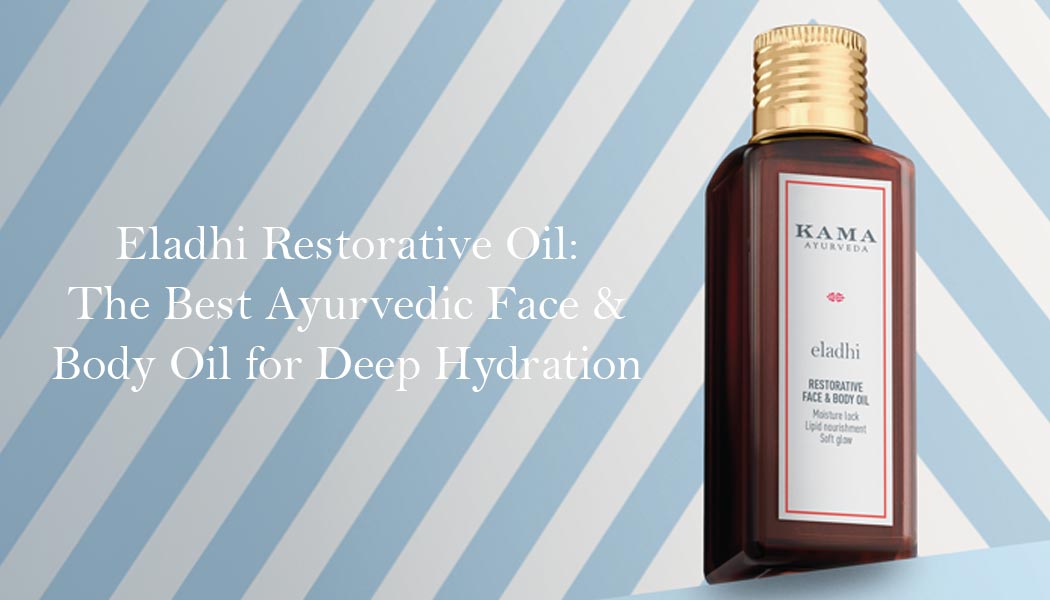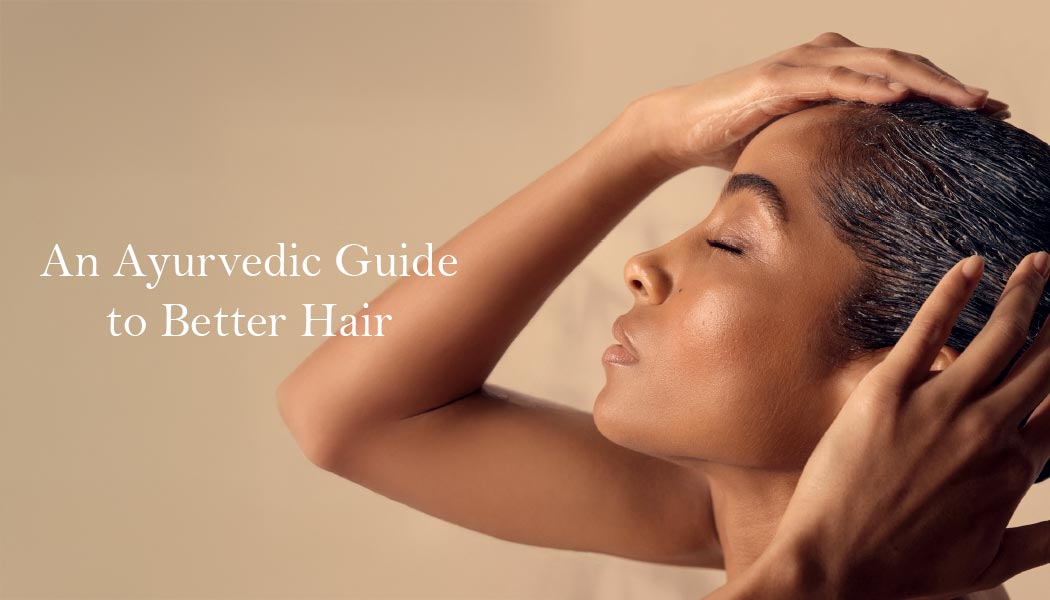- 13 March 2020
- 10 mins read
You might have heard a lot of people telling you the importance of using sunscreen lotion daily. Even when you visit dermatologists for any issue, they recommend using sunscreen along with the medications.
So, if you haven’t started using sunscreen lotion yet, then you are missing out on one of the most essential steps for skin care. With today’s increased ultraviolet exposure from the sun and tanning bed, there’s an increased risk of getting diagnosed with skin problems like cancer (which is now the most common of all the cancers).
The immediate danger of direct exposure of skin to the sun is sunburn. If you look closely at sunburned skin under a microscope, you can see damaged cells and blood vessels. With repeated damage, your skin starts suffering from skin problems like inflammation, dryness, sunburn, pigmentation, and unevenness.
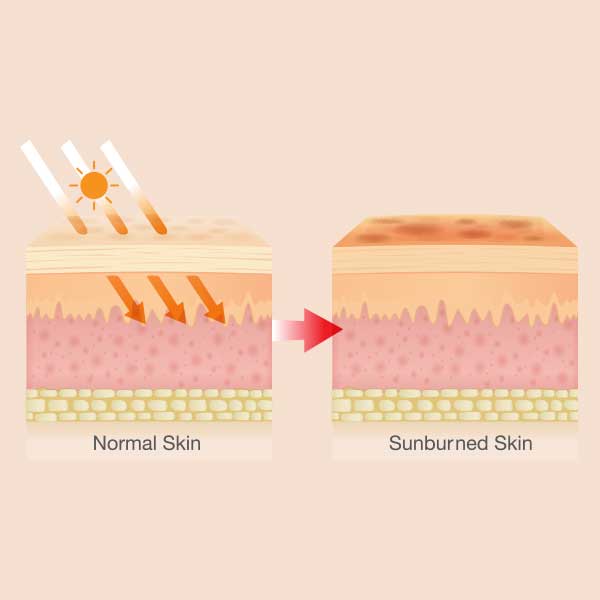
Still feeling resistant about using a sunscreen lotion daily? Well, here are the top six reasons explaining why using a sunscreen lotion is an absolute must for your skin.
- Do you know that the biggest reason behind premature ageing of the face is ultraviolet exposure? By applying sunscreen, you can delay ageing of your skin. Sunscreen not only helps you look young, but also slows down the development of wrinkles on your face.
- Along with slowing down the process of ageing, sunscreen lotion also helps in giving an even tone to your skin by preventing facial brown spots and skin discolourations.
- As the Ozone layer (a protective shield that protects the earth from the harmful UVA and UVB rays) is depleting, our skin requires extra protection. Sunscreen helps in protecting the skin against such UV rays. This might be obvious, but it is the most notable and vital benefit of applying sunscreen lotion.
- Sunscreen helps in preventing tanning of the skin. While sunbathing to tan your skin, you also allow the harsh ultraviolet B rays to penetrate and damage your skin. So, whenever you sit outside to bathe in the skin, make sure you apply a sunscreen that has a minimum SPF of 21.
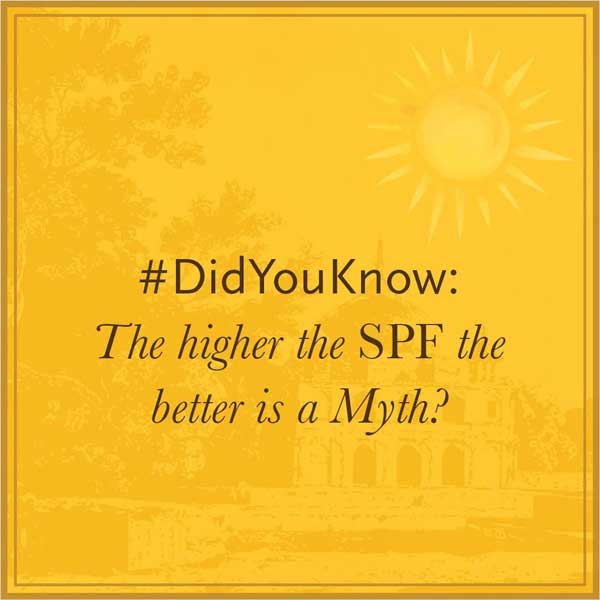
- Sunscreen enhances the health of the skin. It protects all the essential proteins of the skin (collagen, keratin, and elastin) that helps in keeping the skin smooth and healthy.
- Sunscreen, along with other precautions like taking a sufficient amount of water can help in preventing issues like heat stroke and heat exhaustion. These issues, if left untreated, can lead to nausea, muscle cramps, and even brain damage.
- The UV ray spectrum contains two types of rays - UVA and UVB. Both kinds of rays affect our skin based on how they are absorbed by the skin’s molecules (chromophores). UVB rays are responsible for sunburns and UVA rays cause tanning, carcinogenesis and ageing and even skin cancer. Sunscreens protect us from both the UV rays.
How Does Sunscreen Lotion Protect You From the Sun?
We’ve talked about how important sunscreen lotion is to protect our skin from the harmful UV rays. Let us now discuss how exactly this lotion works. Sunscreen is available in different forms - lotions, sprays, gels and waxes. They are generally two types of sunscreens - physical sunscreen and chemical sunscreen.
Physical sunscreens include minerals like Zinc oxide and Titanium dioxide. These minerals help in scattering and reflecting the light away from the skin like white paint reflects light. The white-colored noses on beach-goers and cricketers in the 1980s and 1990s are due to these compounds. But, today, we don't see those white faces as the manufacturers are making the inorganic particles much smaller.
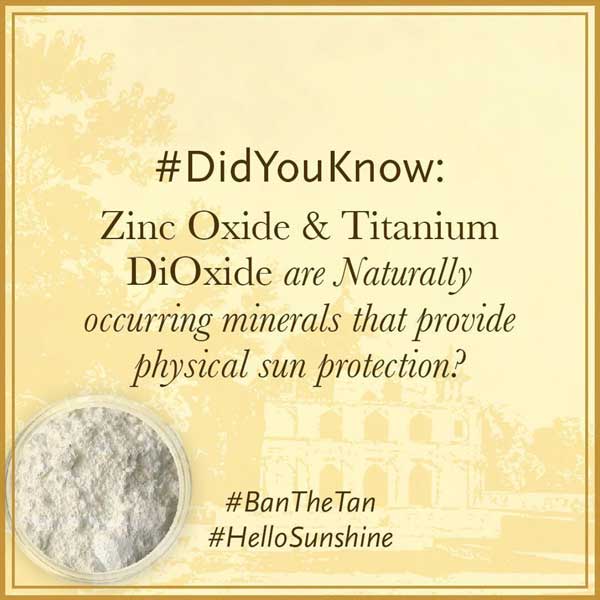
Chemical sunscreens contain organic chemicals (carbon-based) like avobenzone or oxybenzone . These chemicals absorb UV radiation through their chemical bonds instead of physically deflecting them. As the bonds absorb the rays, the particles of the sunscreen lotion break down slowly and release heat. These sunscreens are more transparent than the physical ones.
However, it is suggested to use physical sunscreens rather than the chemical ones as the latter might result in allergic reactions.
What is SPF?
When you look out for sunscreen lotion in a store or when you search the Internet for sunscreens, the first thing you will notice is SPF. What is SPF?
SPF or Sun Protection Factor is a number that indicates how well a sunscreen will protect the skin from the UVB rays.
This factor is calculated by dividing how much sun’s ultraviolet exposure is needed to cause the skin redness when sunscreen is used to how much exposure is needed to cause the redness with the sunscreen. (i.e)
SPF = sunburn radiation dose with sunscreen / sunburn radiation dose without sunscreen
If the SPF number is below 15, then it is considered as low protection, the sunscreen can block about 95% of the sun’s UVB rays. If the number is between 15 and 29 then it is considered to be of medium protection. If it is between 30 and 49, it is considered to be high protection as the sunscreen can filter out 97% of all UVB rays. If the SPF number is above 50, the sunscreen has very high protection against the sun and it can filter out 98% of UVB rays.
From the above percentages, we can understand that no sunscreen lotion can give you 100% protection against the UVB rays.
According to the FDA (Food and Drug Administration), a sunscreen lotion with SPF 15 or above and above along with other measures like avoiding the midday sun and wearing glasses, can help prevent skin cancer.
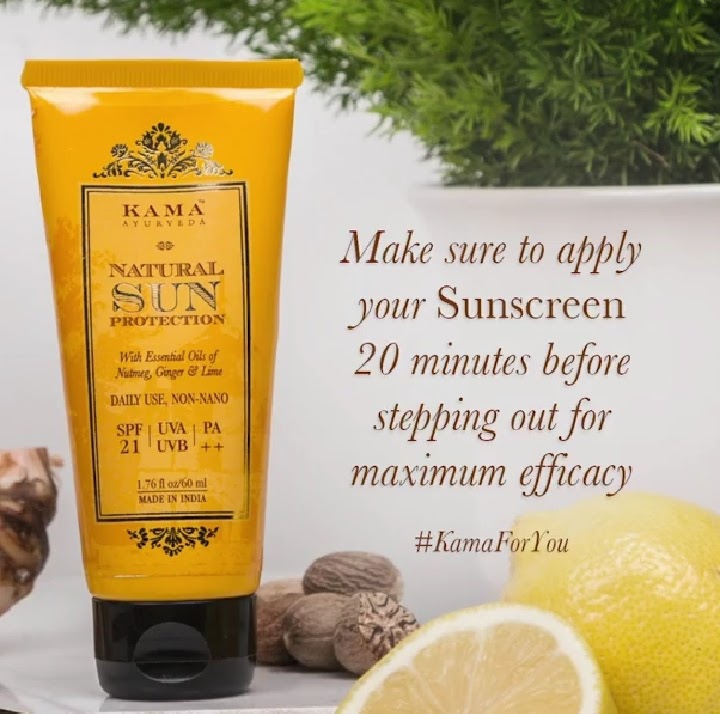
Which Is The Best Sunscreen Lotion?
Simply applying any sunscreen won’t solve your skincare woes. It’s equally important to choose the sunscreen lotion which is the best for you. The sunscreen you choose determines how well you are protected from the harsh sun rays.
With countless options available out there, you might get easily confused about what suits your skin the best. Well, don’t worry, we have it covered for you. Read on to know different factors you need to consider while choosing the right sunscreen lotion for your daily skincare routine.
1. SPF
If you have a sensitive skin that gets sunburned in just 10 mins of exposure to the sun, applying a sunscreen with SPF 15 will protect you from skin redness and sunburns for about 150 mins. For best results, apply 2mg of sunscreen per square centimetre of your skin or 30 grams for full-body coverage, every two hrs.
Generally, on a normal day, SPF 15 will work well and on a hotter day when you have to spend a sufficient amount of time under the sun, it is recommended to use SPF 21 or above.
Note that there isn’t much difference in protection from UVB rays between SPF 30 and SPF 30+, so there is no need for an SPF 21+ unless you have a skin cancer history, is a patient with melasma or are very fair-skinned.
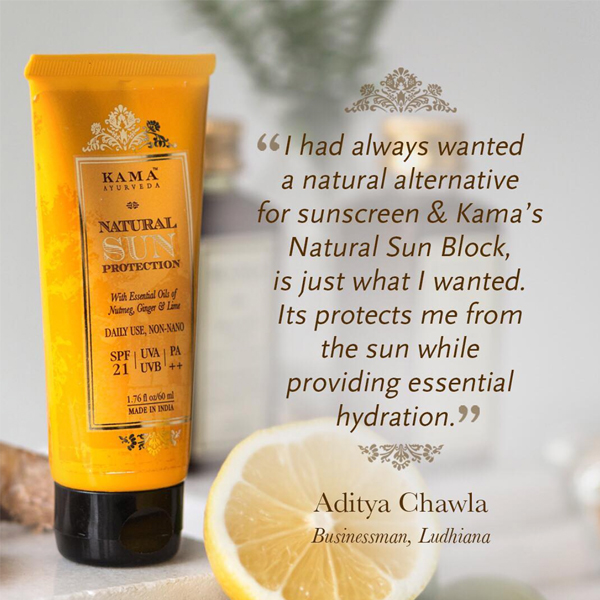
2. Your Skin Type
We all have different skin types. The cosmetics which did wonders on your friend may not work as effectively for you. Ayurveda, too, doesn't recommend the same product to Vata, Pitta, and Kapha skin types. It is because every human body is different and reacts differently to different products.
So, if you have acne-prone skin, use only Non-Comedogenic formula sunscreen lotion. If you are allergic, avoid sunscreens that can contain preservatives, fragrances or alcohol. For the dry skin types, it is beneficial to use moisturizing sunscreens. However, some sunscreens are generic and can be used by anyone. So, if you want to use a single one for the entire family, it is better to opt for sunscreen that is suitable for all age groups and all skin types.
3. Broad Spectrum of Protection
You should always make sure that your sunscreen has a broad spectrum of protection. (i.e) your sunscreen should provide a sufficient amount of protection from a significant amount of UVA and UVB rays. Always look for sunscreens whose UVA protection is at least one-third of its UVB protection.
Have you ever noticed your sunscreen has some PA++ ratings along with your SPF? PA manifests the level of protection from UVA rays while SPF manifests the level of protection from UVB rays. PA means Protection Grade of UVA rays. Protective grade of sunscreen is often regularized as PA+, PA++, PA+++.
The more plus signs imply better protection from UVA rays.
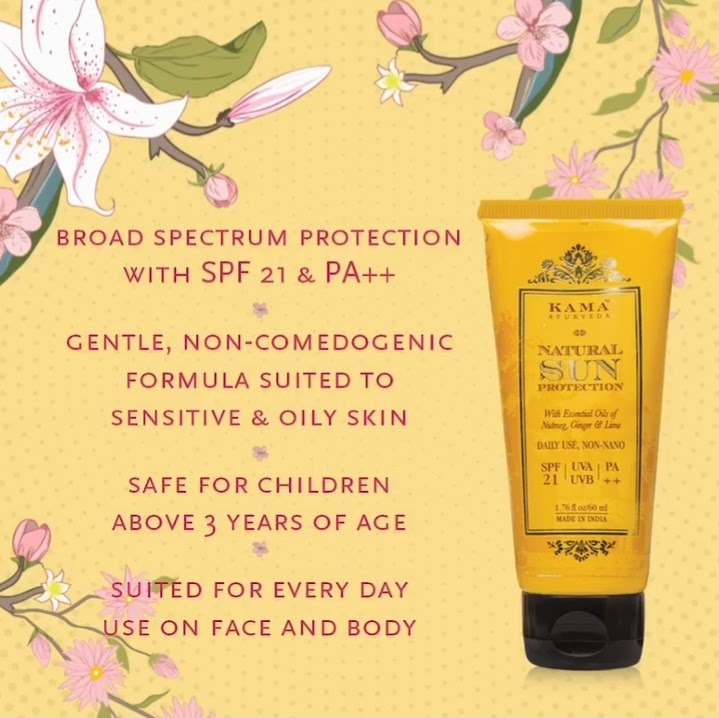
4. Water And Sweat Resistant
Always keep in mind that no sunscreen is waterproof. So, don’t fall for the products that say waterproof. If the label says that the sunscreen is water-resistant or sweat-resistant, look for how long it lasts.
However, it is always advisable to apply sunscreen every 2 hrs especially when you are swimming.
5. Always Opt For Cream Based Sunscreen
While powder and spray based sunscreens are easier to apply, they don’t last long when compared to cream-based sunscreen. Also, cream-based sunscreens are safer to use as they do not contain any nanoparticles which can enter the skin and cause damage when exerted into the air. So, it is always advisable to go for cream-based rather than spray and powder-based sunscreens.
6. Natural, Organic and Non-comedogenic
We all love our bodies. We always care for it and make sure the ingredients used in the product don't affect us in any way. Since you need to include this lotion in your daily skincare routine irrespective of the seasons, make sure the sunscreen you choose is free of harmful chemicals and is all-natural and guilty free.
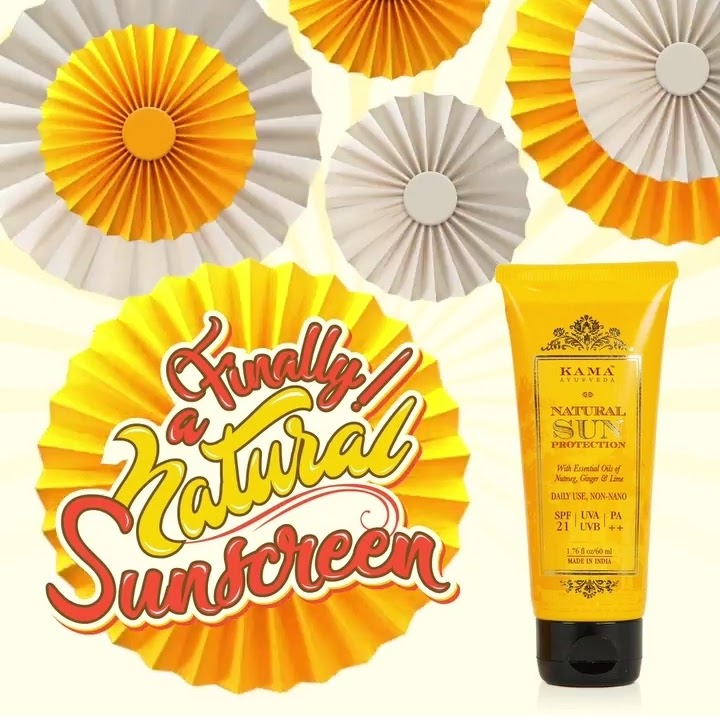
After reading all the qualities that you need in a sunscreen, you might be in a dilemma to find one that ticks all the parameters. It is difficult to find a sunscreen that has all the factors mentioned above. Not only you, but there are also millions of people who are struggling to find the right sunscreen that is physical, has a broad spectrum of protection, isn't heavy, generic, and, most importantly, chemical-free. Considering your inconvenience, with five years of extensive research and testing, Kama Ayurveda came up with a new product.
Presenting you the guilty-free, ecologically safe and natural derived chemical-free sunscreen - KAMA AYURVEDA NATURAL SUN PROTECTION
Side Effects Of Sunscreen
Physical sunscreens are always safe, but when it comes to chemical sunscreens you need to choose very wisely. Because some chemical sunscreens can make your skin more sensitive and sometimes can also give you a very serious allergic reaction. So, if a sunscreen causes redness, itchiness, swelling (especially of the face, tongue or throat), severe dizziness or trouble breathing, stop using right away and consult a doctor.
FAQs On Using Sunscreen Lotion
Can we use homemade natural sunscreen?
The Internet is filled with different recipes of sunscreen ranging from basic oils to ingredients like Zinc Oxide and Titanium Dioxide. Don’t fall for them unless you have some extensive research and testing to back up the claims. If you are concerned about the chemicals used in the mainstream sunscreens, go for an all-natural chemical-free sunscreen.
How to use sunscreen lotion?
Many Dermatologists suggest daily usage of sunscreen but you should pay extra attention before prolonged sun exposure or among snow or when at the beach because the reflectivity of water and ICE amplifies the sun’s rays. For these cases apply a sufficient amount of sunscreen about fifteen to 30 mins before you step out. After that, you should reapply it every 2 to 3 hours especially after swimming and sweating.
Will applying sunscreen regularly irritate my skin?
If you use natural sunscreens that are free from chemicals, they won’t irritate your skin. Since Kama Ayurveda Sun Protection is truly natural, green and differentiated sun protection in the market, you need not worry about applying it frequently. It’s completely safe for the skin.
Which is the best sunscreen lotion for oily skin?
If you have an oily skin, lighter and non-sticky sunscreen lotion formulations will be good for you. Kama Ayurveda’s Natural Sun Protection is one of the best sunscreen lotions for oily skin types as it is non-comedogenic (will not block pores). Apply it on your skin as a moisturiser post cleansing and toning.
Which is the best sunscreen lotion in India?
Kama Ayurveda’s Natural Sun Protection is one of the best sunscreen lotions in India. There are many sunscreens in the market but this one differentiates itself as it’s completely mineral-based and natural. It has light creamy consistency that does not feel heavy on the skin. It’s broad spectrum, SPF 21, PA++ and Non-comedogenic formulation.
It contains Olive oil, Shea butter, and Glycerin which moisturize the skin well. It also contains essential oils of Nutmeg, Ginger, and Lime that give it a pleasant fragrance. These essential oils contain natural antioxidants which help in decreasing fine lines and other signs of aging, which makes it the best sunscreen in the market.
Does SPF block Vitamin D?
You might worry about losing out the essential vitamin D in the process of preventing sun exposure by applying sunscreen. Don’t worry, today there are many foods that are fortified with Vitamin D during the manufacturing process. Therefore, sun exposure is not considered as important as it was earlier. Try Vitamin D supplements and fortified foods to balance Vitamin D deficiency.
Do we need a different sunscreen for the face?
Sunscreens that are designed especially for the face are much lighter and get easily absorbed. They are formulated differently than those that are used for the body. So, if you have acne-prone skin and want to prevent breakouts, you have to use a different sunscreen for the face.
Kama Ayurveda sunscreen is lighter and gets easily absorbed so formulated for both face and body.
Should I use sunscreen when I am not in sunlight?
Yes, it is really important to apply sunscreen without fail even when you are not in the sunlight. Because even though the UVB rays cannot penetrate through glasses, the UVA rays which are responsible for ageing and skin cancer can penetrate into your skin from a window even when your home and in-office too.
References:
- Sunscreening Agents - https://www.ncbi.nlm.nih.gov/pmc/articles/PMC3543289/
- Topical Sunscreen Application Preventing Skin Cancer: Systematic Review - https://www.mdpi.com/2079-9284/6/3/42
- Update About the Effects of the Sunscreen Ingredients Oxybenzone and Octinoxate on Humans and the Environment - https://journals.lww.com/psnjournalonline/Abstract/2019/10000/Update_About_the_Effects_of_the_Sunscreen.11.aspx
- Sunscreens - http://www.ijdvl.com/article.asp?issn=0378-6323;year=2011;volume=77;issue=2;spage=238;epage=243;aulast=Kaimal
- Sun protection factor: meaning and controversies - https://pdfs.semanticscholar.org/282b/f69c11699deb5d04ce8159dc8da7cf60ab1c.pdf
- Determination of Sun Protection Factor (SPF) of Some Body Creams and Lotions Marketed in Kinshasa by Ultraviolet Spectrophotometry - http://citeseerx.ist.psu.edu/viewdoc/download?doi=10.1.1.674.1486&rep=rep1&type=pdf
- Sunscreens: are they beneficial for health? An overview of endocrine disrupting properties of UV‐filters - https://onlinelibrary.wiley.com/doi/full/10.1111/j.1365-2605.2012.01280.x
Shreya Dalela is a certified Yoga instructor and a professional dancer trained at The Danceworx. She’s passionate about Ayurveda and holistic living with over 6 years of experience in doing extensive research and content creation in the domain.

Certified Ayurvedic Doctor (Central Council of Indian Medicine) working in Kama Ayurveda as an Assistant Training Manager.
